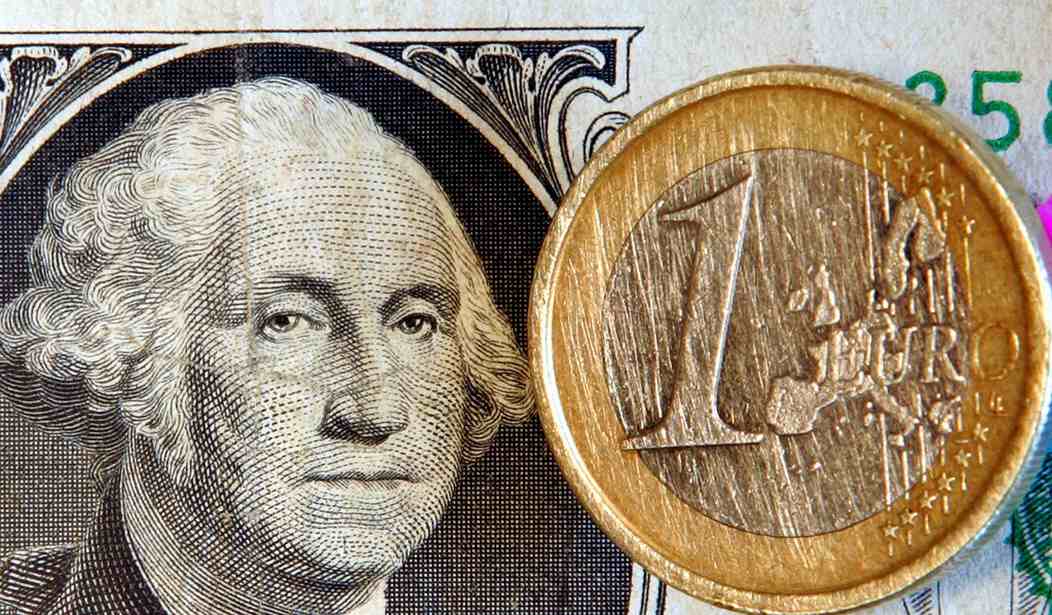The percentage of Americans selling their food stamps back to stores for cash has increased by 30 percent over the past several years, according to a new Agriculture Department study.
The study on food stamps trafficking -- which the agency said included “covert investigation” in stores -- compared the periods of 2006 -2008 to 2009 -2011.
Despite the increase, trafficking has declined since the 1990s, when the rate was nearly 4 percent of food stamps, also known as Supplemental Nutrition Assistance Programs benefits.
The total amount of SNAP benefits is now at roughly $858 million, compared to $330 million annually in the 2006-2008 period.
The increase reflects the overall growth in SNAP participation and benefits, the agency said in the August 2013 report.
Recipients typically sell back their benefits at a discount, according to the agency, which said its undercover investigations and research into electronic SNAP transactions focused on stores that showed “suspicious activities.”
Advertisement
They’re on the dole — and watching the pole.Food stamp use jumped two percent from 2012-2013 and 15 percent of the U.S. population is enrolled in the program. Republicans have proposed a five percent, or $40 billion, cut to the food stamp program.
Welfare recipients took out cash at bars, liquor stores, X-rated video shops, hookah parlors and even strip clubs — where they presumably spent their taxpayer money on lap dances rather than diapers, a Post investigation found.
A database of 200 million Electronic Benefit Transfer records from January 2011 to July 2012, obtained by The Post through a Freedom of Information request, showed welfare recipients using their EBT cards to make dozens of cash withdrawals at ATMs inside Hank’s Saloon in Brooklyn; the Blue Door Video porn shop in the East Village; The Anchor, a sleek SoHo lounge; the Patriot Saloon in TriBeCa; and Drinks Galore, a liquor distributor in The Bronx.
House Republican leaders are to present a bill that would cut the food stamps program by $40 billion over 10 years, a move opposed by Democrats.
Republicans say the program, whose enrollment soared after the 2008-09 recession, is unbearably expensive at $78 billion a year.
Democrats such as Rep. Jim McGovern of Massachusetts say food stamps mitigate hunger in a still-weak economy.
Recommended
Advertisement

























Join the conversation as a VIP Member